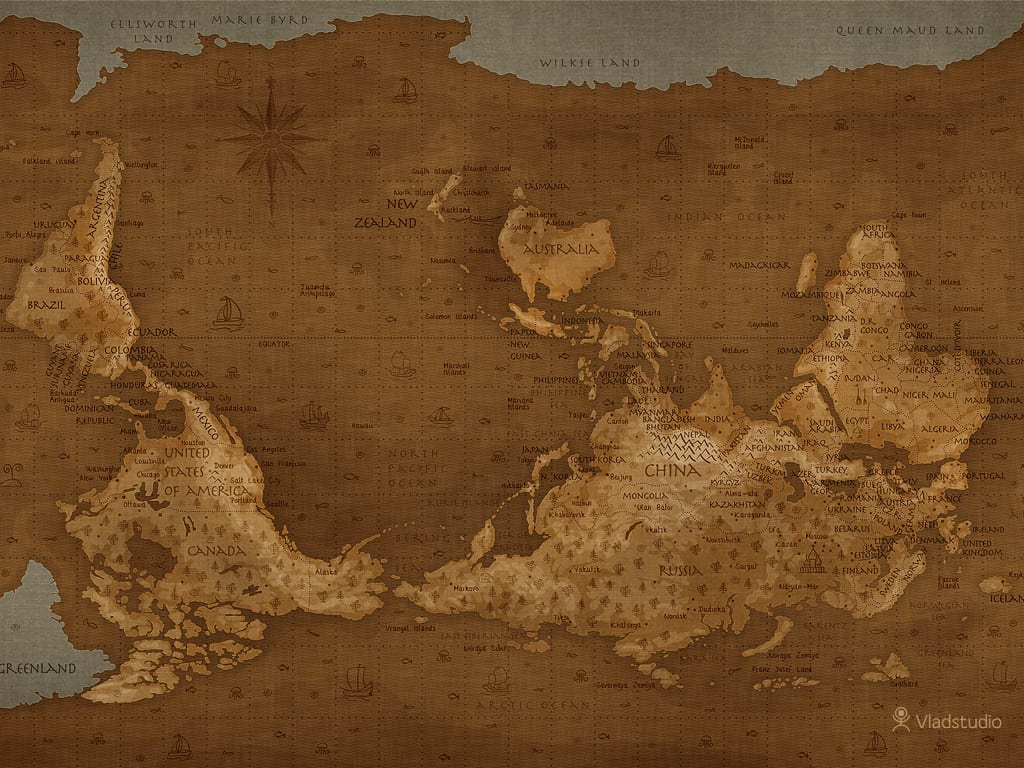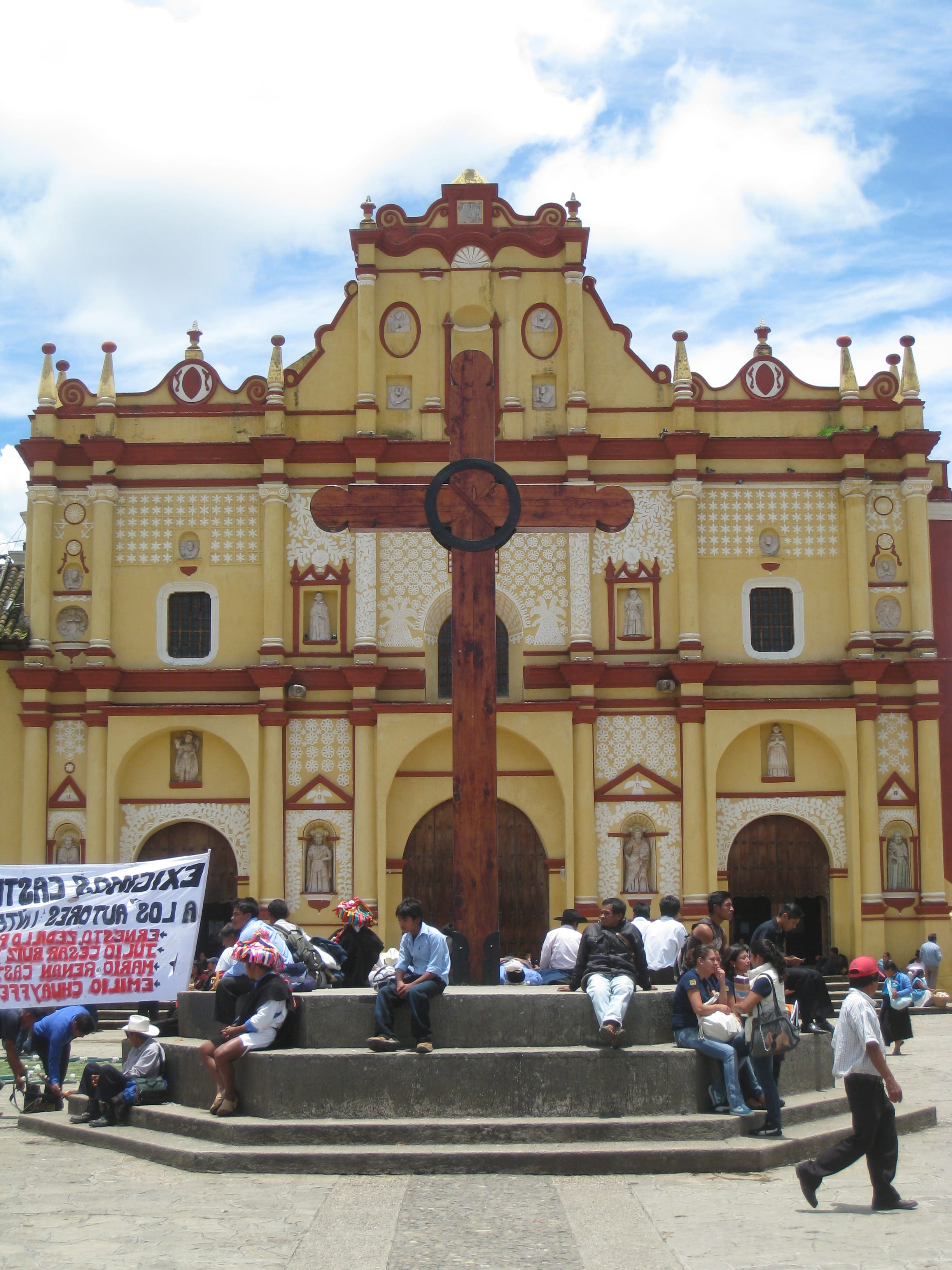My teaching philosophy is grounded in a desire to create an environment that is student-centered. In each course, I seek to cultivate a classroom setting that is 1) driven by student diversity and experience, 2) links critical thinking with practice, and 3) utilizes new opportunities, such as new technologies and experiential learning, to allow students to understand and apply theoretical concepts and methodological approaches. To put this into practice, I design my courses to allow students to think through geospatial questions in a number of different settings: during lecture, in small groups, through projects, in the field and in their writing. In upper-division classes I require students to undertake self-designed case studies, which address their own particular interests in the discipline in relation to theoretical and methodological perspectives discussed in class.
Courses Regularly Taught – University of Delaware
GEOG120 – World Regional Geography
In this course, we examine the major regions of the world. This is an introductory course on the study of the “why of where” that allows students to consider human-environment relations across the globe. This entails studying processes and practices over time. In this course we unpack contemporary issues centered on topics including but not limited to: food, energy, water, nationalism, tourism, and development. We also discuss the spatial organization and unevenness of access to resources.
On our tour of the globe we rely on both historical contexts and contemporary events to shape our discussion. The course begins with a discussion of key concepts in global geographies. Following this foundation we turn to the macro-regions of the core, semi-periphery and periphery. Within each of these macro-regions, we discuss key themes related to people and place in more localized contexts.
GEOG 226 – Geography of Latin America
Geographers have a long history of examining human/environment relationships over time and space. In this course, we will use this framework to discuss the political economy and ecology of the conquest, colonialism, economic development, urban and rural environments, migration, foreign relations, globalization, tourism, and social movements in the region. We will explore these topics through historical and contemporary examples and ‘secondary worlds’ with a mind to such differences as class, gender, race, ethnicity and sexuality.
We will begin the course by discussing Latin American ecologies. We will then study the processes, practices and legacies of the conquest and the colonial period. Following this foundation we will turn to the human landscapes of Latin America including an examination of rural, urban, economic, political, and gendered spaces. We will take a closer look at identities through discussing race and ethnicity in the region. The course will conclude with a conversation about social movement networks and global interconnectedness. In 2018, this course was taught as a topics seminar on the Zapatistas. In 2020, this course was a Discovery Learning course, where students conducted hands on work in a digital archive for the Mellon funded project: “Digitizing the Disappeared: Partnerships to Publish Digital Scholarship on Guatemala’s Desaparecidos” examining and documenting the silences in the archive of materials from the disappearances that were perpetrated during the Guatemalan Genocide.
This course is taught in the fall, and I teach it every other year; in some cases this course may be taught as a topics course.
GEOG300 – Research Design and Mixed Methods

Drawing on readings, discussion, exercises, and empirical projects, our goal is to understand the general linkages between theory, method, and research design; how to identify and use appropriate methods; how to make sense out of qualitative data through analysis; how to write about research. In addition, we will examine issues of ethics, representation, and validity in qualitative research. We will focus on several modes of inquiry that are often utilized in geography and social sciences more broadly and consider how to ‘mix’ those methods towards effective research design. This is an undergraduate class that is taught as an independent study at the graduate level.
This course is taught in the spring, and I teach it every other year.
GEOG311 – Economic Geography and Uneven Development
In this course, we examine some of the historical and contemporary factors that shape the global economy and current spatial economic order. This includes studying processes—such as economic restructuring, changing production systems, and the internationalization of trade and industry as well as studying the role of various actors— including states, producers and consumers. We will unpack the terms “globalization,” and “neoliberalism” which are widely used to explain contemporary economic relations and explore the causes, effects, representations, contradictions, costs and benefits of these economic systems.
The course begins with a foundation in economic geography. We then study the historical development of the capitalist economy, including the role of industrialization and early economic paradigms. Following this foundation we turn to the unevenness of globalization and economic development, exploring how development is ‘done,’ and how goods and people move through economic systems. We also take a closer look at who economic actors are and what role they play in the global economy. The course concludes with an examination of alternative economic imaginaries.
This course is taught in the spring, and I teach it every other year.
GEOG 430/630 – Food Geographies and Food Justice
In this course, we examine some of the historical and contemporary factors that shape the global food and agricultural system. Here we investigate processes and practices—such as production and consumption, policymaking, activism, commodity exchange— as well as, actors including states, producers and consumers, farmworkers, farmers and policymakers. We unpack how production and consumption are framed in historical and contemporary discussions of food and agriculture. We also discuss the spatial organization of access to food and agricultural resources through digging into issues related to food justice and food sovereignty on local and global scales.
After grounding ourselves with key concepts in the geographies of food and agriculture, we then study the historical development and framing of global food and agricultural production-consumption systems. Following this foundation we turn to the unevenness of the allocation and distribution of food and agricultural resources, exploring local-global food systems and alternatives. Finally, we explore key issues of race, class, gender, bodies and movements as they relate to food and agriculture. In the final section of the course, students investigate localized solutions to community food issues through hands-on experience with community-based organizations focused on hunger and other critical food issues in the Newark area. Each year students undertake community-engaged research work with The Food Bank of Delaware (select photos).
This course is taught every spring.
This course received a UD Center for the Study of Diversity Award and was covered by UDaily:
8 March 2016: “Diversity Research”
31 May 2016: “Food Justice: Undergraduates discuss food justice over ‘Potluck with the President’”
2017: “Food 101: These Classes Have Taste.” UD Messenger; Vol. 25 No. 1: 27.




